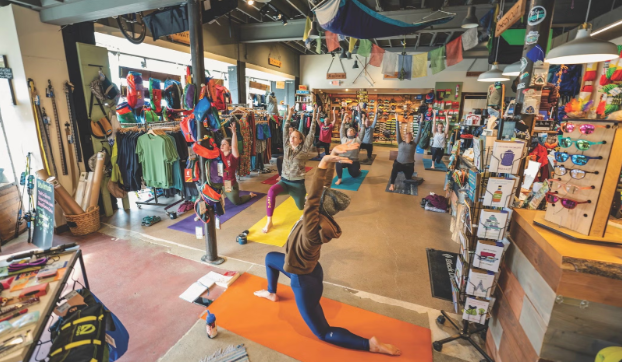Hobby shops are more than just places to buy craft supplies, model kits, or games. They are spaces where people come together to share interests and enjoy activities that bring them joy. In many towns and cities, hobby shops play a quiet but powerful role in building strong communities.
They help people connect, learn new skills, and feel part of something bigger than themselves. This article explores how hobby shops contribute to community life and why they matter.
A Place for Social Connections
One of the most important ways hobby shops build community is by providing a space for social interaction. People often visit hobby shops not just to shop, but to meet others who share their interests. Whether it is model trains, painting, or board games, hobby shops bring together people of all ages.
These social connections can reduce loneliness, especially for people who may not have many opportunities to meet others. Staff and regular visitors often become friends, and these relationships can extend beyond the shop into the wider community.
Learning and Sharing Skills
Hobby shops encourage learning and skill sharing, which strengthens community bonds. Many shops organize workshops, classes, or demonstrations. For example, a shop may teach beginners how to build a model airplane or host a painting class for children. These activities allow people to share their knowledge and learn from each other.
When people develop new skills, they often feel more confident and willing to engage with others. Over time, hobby shops become a place where both beginners and experienced hobbyists can grow together.
Encouraging Creativity and Teamwork
Hobby shops support creativity, and creativity often brings people together. People who visit these shops are encouraged to create, imagine, and collaborate. Some hobby shops host group projects or competitions where participants work together or share ideas.
This teamwork helps people feel connected and valued. The process of creating something with others can build trust, communication skills, and a sense of achievement. By fostering creativity and collaboration, hobby shops strengthen the social fabric of their communities.
Supporting Local Culture and Small Business
Hobby shops also support the local economy and culture. Many are small, family-owned businesses that reflect the character of their neighborhoods. They often source products locally and host events that celebrate local traditions or art.
By supporting these shops, community members help keep local culture alive and create spaces where people can celebrate shared interests. The success of a hobby shop often depends on active community involvement, and in turn, the shop contributes to a lively, vibrant neighborhood.
Conclusion
Hobby shops are more than stores; they are places where communities grow. They offer social connections, opportunities for learning, and spaces for creativity and teamwork. By supporting local culture and encouraging interaction among residents, hobby shops strengthen the bonds that hold communities together.
In a fast-paced world, these shops remind us of the importance of shared interests and human connection. They show that even a small space filled with hobbies can make a big difference in building stronger, closer communities.

